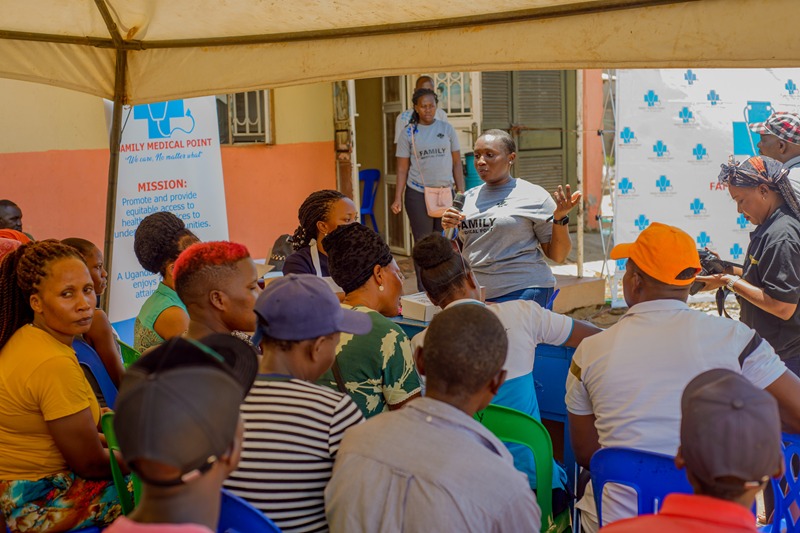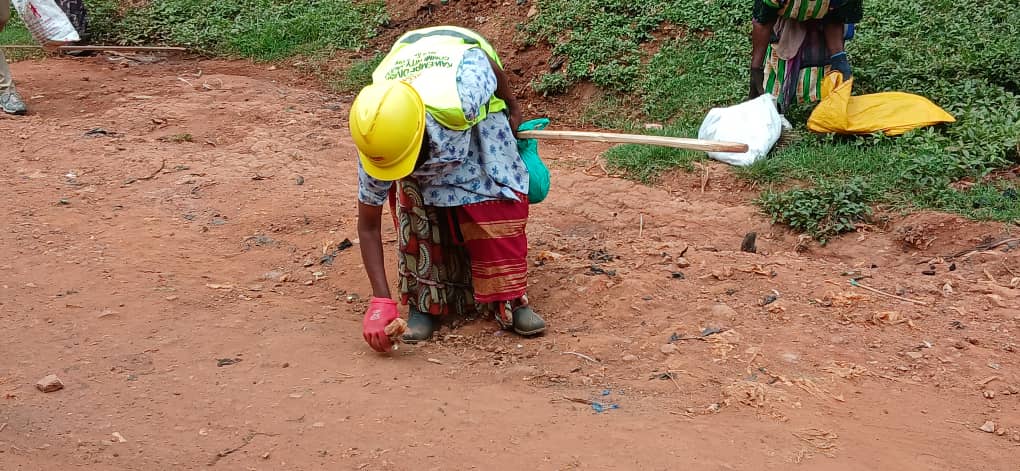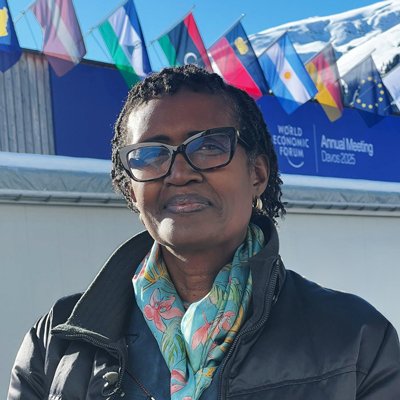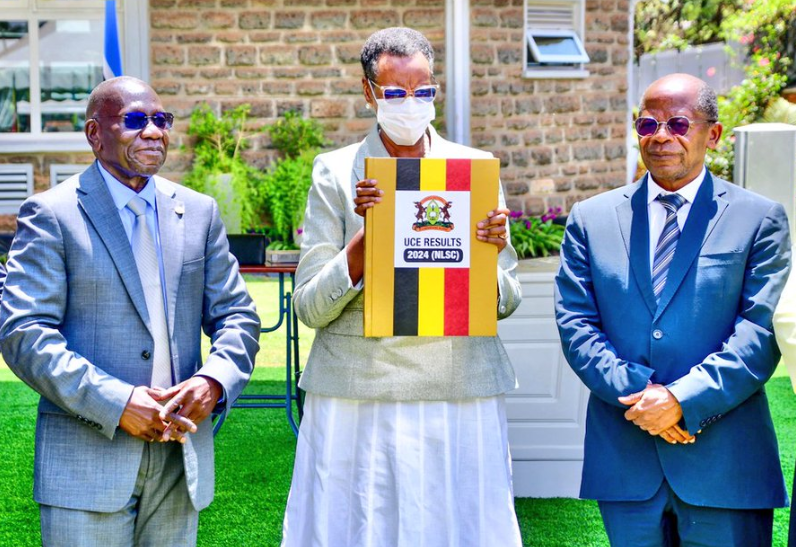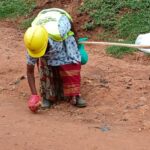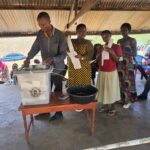As Uganda joined the world in marking World Population Day, Family Medical Point (FMP) has called for urgent scaling up of sexual and reproductive health services in vulnerable fishing communities, where young people especially girls continue to bear the brunt of inadequate healthcare and socio-economic instability.
This year’s global theme, “Empowering Young People to Create the Families They Want in a Fair and Hopeful World,” underscores the need to provide youth with the tools, rights, and opportunities to shape their futures. FMP says this is especially crucial in Uganda’s fishing hubs like Kigungu, where teenage pregnancy, unsafe abortion, and lack of access to healthcare remain rampant.
“The challenges in fishing communities are multifaceted ranging from high mobility, limited health services, to poor sanitation and environmental degradation. These disproportionately affect women and girls” said Polyne Nabwire, Head of Programs at FMP.
Uganda has seen teenage pregnancy rates remain stubbornly high at 25% for the past two decades, according to the 2022 Uganda Demographic and Health Survey (UDHS). In communities like Kigungu, that number is often even higher, with 22.3% of girls aged 14 to 18 dropping out of school due to pregnancy.
“Young girls here face harsh realities unintended pregnancies, unsafe abortions, and mental health burdens,” said Nabwire. “Through our outreach programs, we empower girls with the knowledge and tools to take control of their futures.”
FMP’s outreach includes school-based education, family planning services, and Musawo sessions, which provide safe spaces for women to discuss challenges, heal emotionally, and access care.
Fishing communities around Lake Victoria face unique pressures. The transient nature of fishing populations, compounded by limited resources, has led to overfishing, open defecation, and water pollution. Women, often the caretakers, bear the brunt of these challenges.
“We compete for food, clean water, and healthcare. When it rains, my house floods,” said Namugwanya Martha, a resident of Kigungu landing site.
“Health services are too far. We walk long distances, and when we arrive, there are often no drugs,” added Christine Kyomugisha, another resident.
Over the past five years, FMP reports that its community based efforts have averted: 345,000 unintended pregnancies, 5,500 maternal deaths and 450,000 unsafe abortions.
FMP is urged government and development partners to prioritize sexual and reproductive health services in under served communities. This includes deploying mobile clinics, expanding youth-friendly services, and integrating family planning into broader health and development programs.
“Population pressure is not just a number it’s a lived reality that affects women’s mental health, girls’ education, and families’ survival,” Nabwire stressed.
The United Nations echoed the call, noting that young people are already driving change, but face barriers like economic insecurity, gender inequality, limited healthcare and education, and climate shocks.
“They need more than services they need hope, stability, and a future worth planning for,” the UN stated in its World Population Day message.

